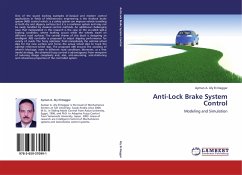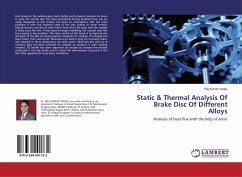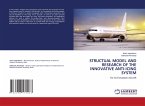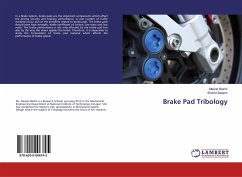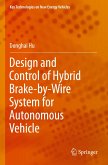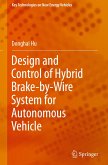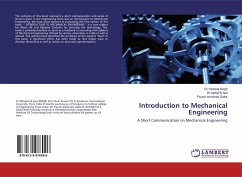One of the sound exciting examples of classical and modern control applications in fields of Mechatronics engineering is the Antilock brake system (ABS) control which, is a safety system can improve vehicle travelling at both dry and slippery surfaces but it is a nonlinear system and may not be easily handled by classical control methods. An additional challenging issue that manipulated in this research is the case of the so-called split-µ braking condition, where braking occurs while the wheels travel on different road surfaces. The central theme of this book is designing an intelligent ABS controller is proposed to adjust slipping performance for variety of roads. The fuzzy optimizer finds immediately the optimal wheel slips for the new surface and forces the actual wheel slips to track the optimal reference-wheel slips. The proposed ABS ensures the avoiding of wheel's blockage, even in different road conditions. Moreover, as a free model strategy, the obtained fuzzy control isadvantageous from viewpoint of reducing design complexity and, also, anti-saturating, anti-chattering and robustness properties of the controlled system.
Bitte wählen Sie Ihr Anliegen aus.
Rechnungen
Retourenschein anfordern
Bestellstatus
Storno

